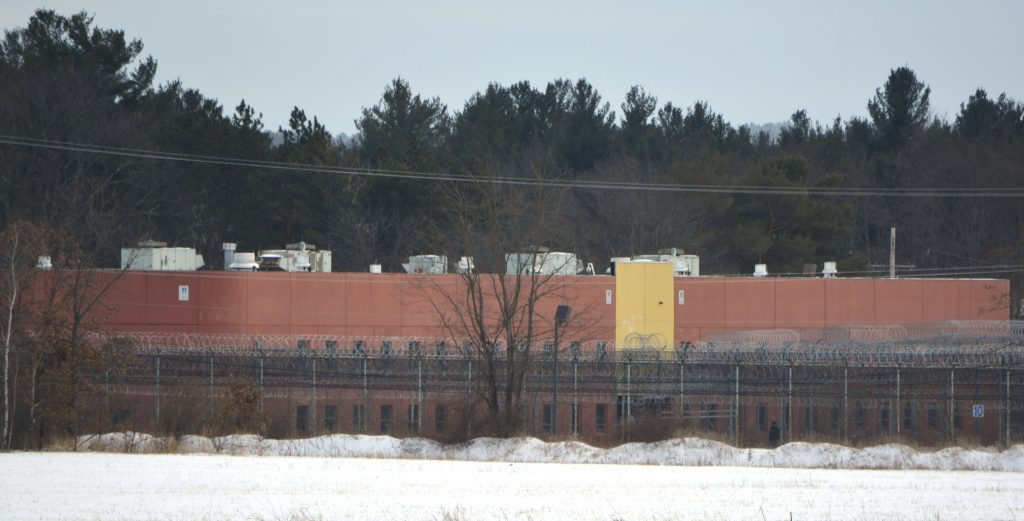By Sophia Schlegelmilch | Assistant Editor

Photo by Betsabee Torres
Even prison walls can’t hold back MWCC’s mission to serve the educational needs of the community.
Since 2016, MWCC has offered certificates in Small Business Management to inmates of North Central Correctional Institute in Gardner and Massachusetts Correctional Institute in Shirley.
According to Stephanie Marchetti, Director of Academic Support & Testing Services, the Small Business Management Certificate was chosen because it best supports the goals of these inmates upon release, many of whom want to start their own businesses as carpenters, electricians, or other trade professionals.
The credits earned through these classes also transfer easily into other business majors if these students want to further their college education after release.
For incarcerated students in the program, the learning environment mirrors the campus learning environment “almost exactly,” said Marchetti. “They are completing work at the same level of rigor as they would at a class on campus.”
Being inside the prison poses some unique challenges, however.
“The hardest part is trying to figure out how to run classes without the internet, for sure,” Marchetti said.
Instead, teachers use offline databases to simulate the internet-based work that the courses require. Travel between different areas of the facility is strictly controlled, and “sometimes, due to what’s going on in the prison, you can’t take in paper and pencils, you can’t take in paper clips, things can’t be stapled,” added Marchetti.
In spite of these challenges, Marchetti said the tutors love working in the prisons.
Janet Providakes, who tutors in both the Gardner and Shirley Prisons, said her favorite part of teaching the inmates is watching them complete their projects.
“They are so creative,” she said, describing a system of cooperative video gaming designed by one group of students. “I learned so much from their research. I never knew gamers could make so much money. So really, it’s educational for all sides.”
Providakes began tutoring in the program just over a year ago because she felt it had the potential to change the lives of prisoners, many of whom did not have access to education when they were younger.
Though hearing about the inmates’ past experiences can sometimes be heartbreaking, Providakes is impressed by their determination to succeed in spite of their circumstances.
“It does make a difference,” she said. “Now that they have this opportunity a lot of them embrace it completely.”
In order to participate, inmates must qualify for a federal Pell grant. Their tuition is paid in full by the Second Chance Pell Pilot Program, a US Department of Education initiative that began in 2016 “to test whether participation in high quality education programs increases after expanding access to financial aid for incarcerated individuals,” according to a Department of Education press release.
About 12,000 students in correctional facilities across the country will be able to enroll in educational programs through these grants. Currently, there is a federal ban on prison inmates receiving Pell Grants outside of the Second Chance program.
Additional support for Massachusetts prison educators is provided by an MIT-led educational consortium, in which MWCC serves as an anchor school. The consortium received a $250,000 grant in September 2018 from the Vera Institute of Justice (Vera) and the Andrew W. Mellon Foundation, according to a press release from the Vera Institute, a nonprofit organization which aims to end mass incarceration.
Earning an education while they serve their time reduces inmates’ rate of recidivism, meaning they are less likely to reoffend – an assertion repeated by Marchetti, Providakes, Vera, and the US Department of Education.
“The whole goal of Mount Wachusett is to transform people’s lives,” said Marchetti, “and this really allows us to do that in a direct, obvious way.”
The first class of students graduated from the program, which takes twelve to eighteen months to complete, in summer of 2018 and the first graduate is scheduled for release in January 2019.
According to Providakes, he is already making arrangements to continue his education at MWCC upon release.
Comments are closed.